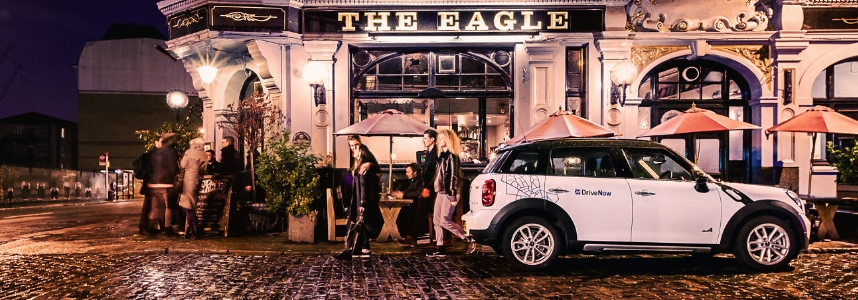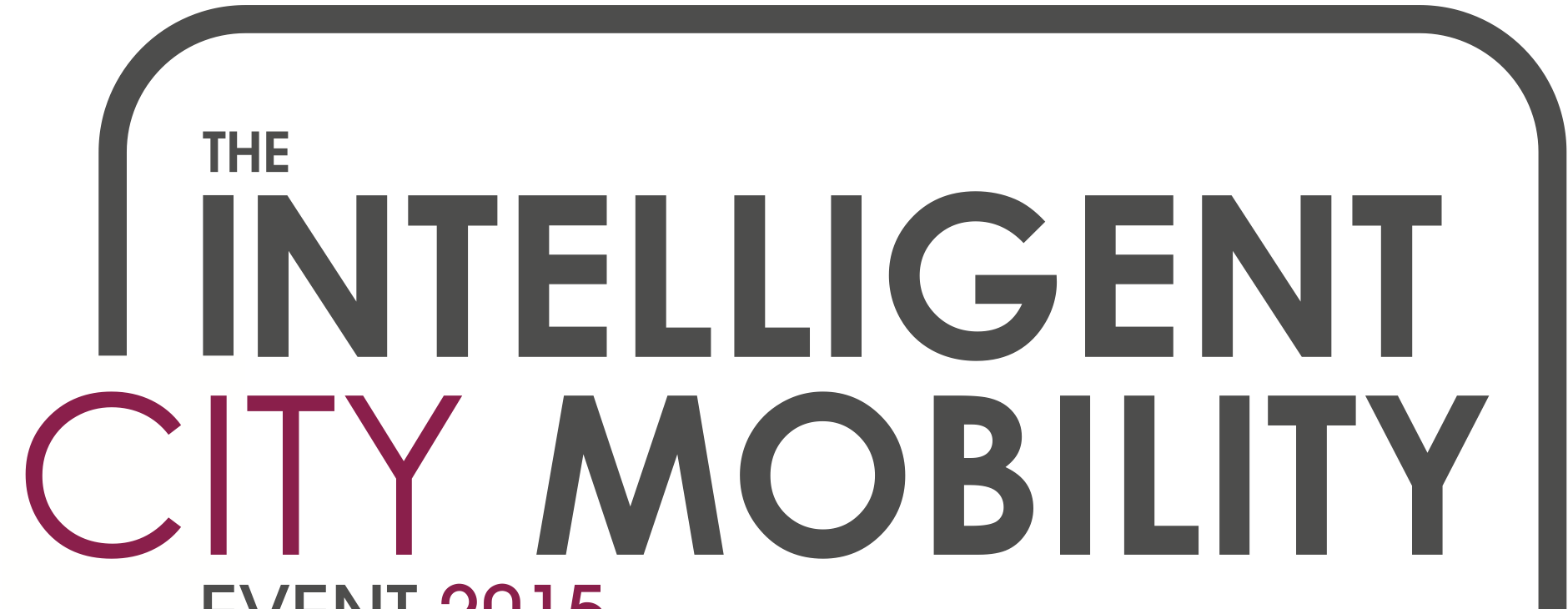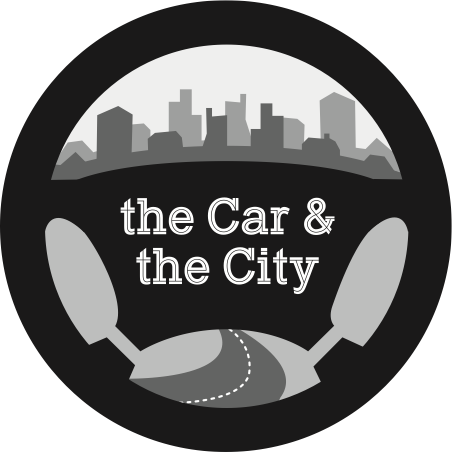|
|
|
|
 |
|
|
The Car and the City Programme
|
|
|
|
|
|
|
|
|
|
|
Welcome Peter Stonham, Chairman, Landor LINKS
Session 1: The Car and the City
The day starts with a plenary session which addresses the question: What role should the car have in future urban mobility?
The plenary panel comprises representatives from the automotive, transport planning, academic and policy-making sectors.
Cars: Are they the optimal form of city transport?
Professor John Miles, Chairman, IMPACT Working Group on Cities and Supporting Infrastructure, University of Cambridge
Proof of technology is not the same as proof of benefit
Phil Goodwin, Professor of Transport Policy, University College London and University of the West of England
The city mobility concept - The BMWi vision
Joseph Seal-Driver, Director, DriveNow UK, and Harry Clarke, Commercial Director, RingGo
Connecting cars, people and city infrastructure
Kenneth Malmberg, European Business Development Lead for Infotainment and Telematics, General Motors Europe
Followed by debate and discussion
|
|
|
|
 |
 |
 |
 |
|
|
|
|
|
|
|
|
|
Session 2: Roadmap to reality
What will car use in future urban centres look like, and how do we get there?
Fleets in the city
Gerry Keaney, Chief Executive, BVRLA
Personal mobility and sustainability: EV futures
Dr Paul Nieuwenhuis, Co-director, Centre for Automotive Industry Research & Electric Vehicle Centre of Excellence
Cars on demand: scale, technology and policy
Martyn Briggs, Industry Principal, Mobility, Automotive & Transportation, Frost & Sullivan
Cities and connected and autonomous vehicles
Iain Forbes, Head of the DfT-BIS Centre for Connected and Autonomous Vehicles joint policy unit
|
|
|
|
 |
 |
 |
 |
|
|
|
|
|
|
|
|
Session 3: Changing car use in response to new technologies
Chair: Professor John Polak, Chairman, Centre for Transport Studies and Director, Urban Systems Laboratory, Imperial College London
What might connected vehicles mean for city authorities?
Ian Patey, ITS (UK), and Head of Profession, Mouchel Consulting
Does the car have a future in the city?
Nick Anderson, New Project Development, Transport Systems Catapult
Data: the fuel of future urban mobility
Richard Harris, Transportation and Government, Xerox
'Disruptive Technologies for Travel' - An automotive perspective
Chris Reeves, Commercial Manager, Horiba MIRA, UK
Panel discussion and Q&A
|
|
|
|
 |
 |
 |
 |
|
|
|
|
|
|
|
|
Session 4: A socially and environmentally friendly role for cars? Case studies
The day concludes with delegates from Parking World, The Car and the City and Space & Place coming together to listen to stories from cities that have developed and implemented policies such as mobility as a service initiatives, speed restrictions, car-free streets, cycle schemes, car clubs, park & ride schemes, maximum parking standards, etc.
The context: the rise of urban mobility services: past trends and future prospects
Professor John Polak, Chairman, Centre for Transport Studies and Director, Urban Systems Laboratory, Imperial College London
Helsinki, Finland: a traffic lab for new era mobility, and Helsinki's Mobility on Demand service
Sampo Hietanen, Founder, Mobility as a Service, Helsinki, and CEO, ITS Finland
Milton Keynes: what driverless futures will mean for the city
Brian Matthews, Head of Transport Innovation, Milton Keynes Council
Followed by a panel discussion and Q&A with guest speakers from the day, chaired by Professor Polak
-
John Siraut, Technical Director, Economics, Jacobs
-
Nick Lester-Davis, Corporate director of Services, London Councils
-
Steve Melia, Senior Lecturer in Transport and Planning, University of the West of England
-
Max Crane-Robinson, Commercial Director, National Car Parks
-
John Dales, Director, Urban Movement
|
|
|
|
 |
 |
 |
 |
|
|
|
|
|
|
Networking reception
A chance for speakers, exhibitors and delegates to discuss the day's learning and also how to enter the Smarter Travel Awards 2016 and British Parking Awards 2016.
|
|
|
|
 |
 |
 |
 |
|
|
|
|
|
 |
 |
|
|
 |
 |
 |
|
|
|









